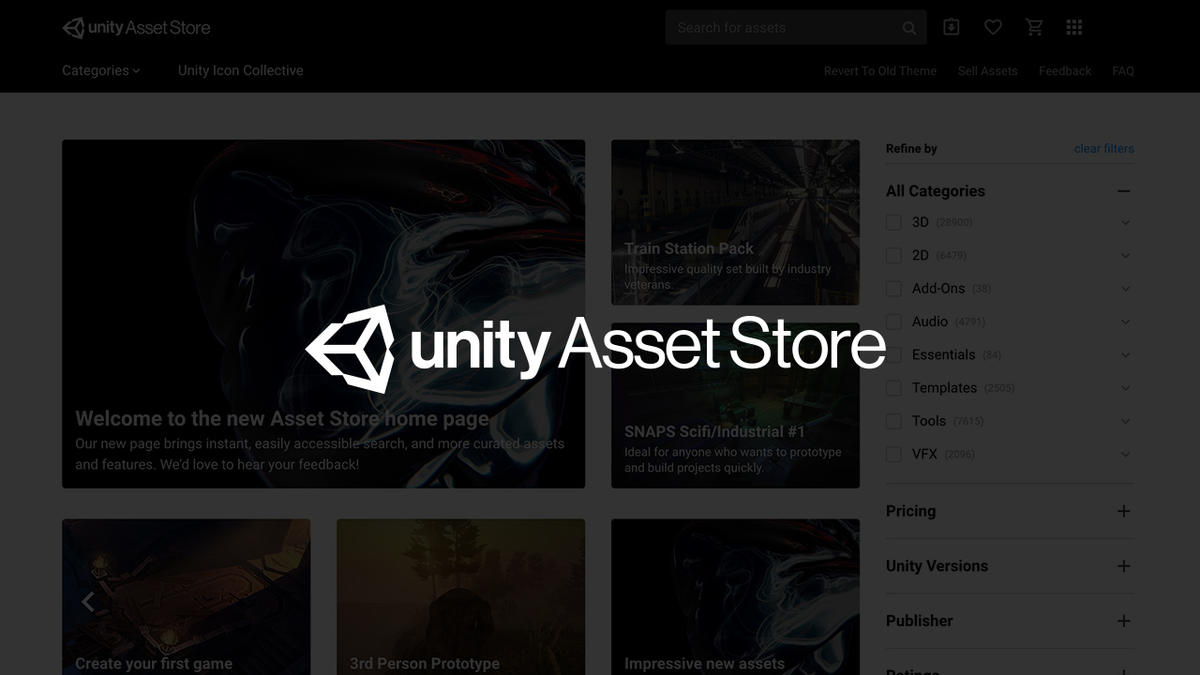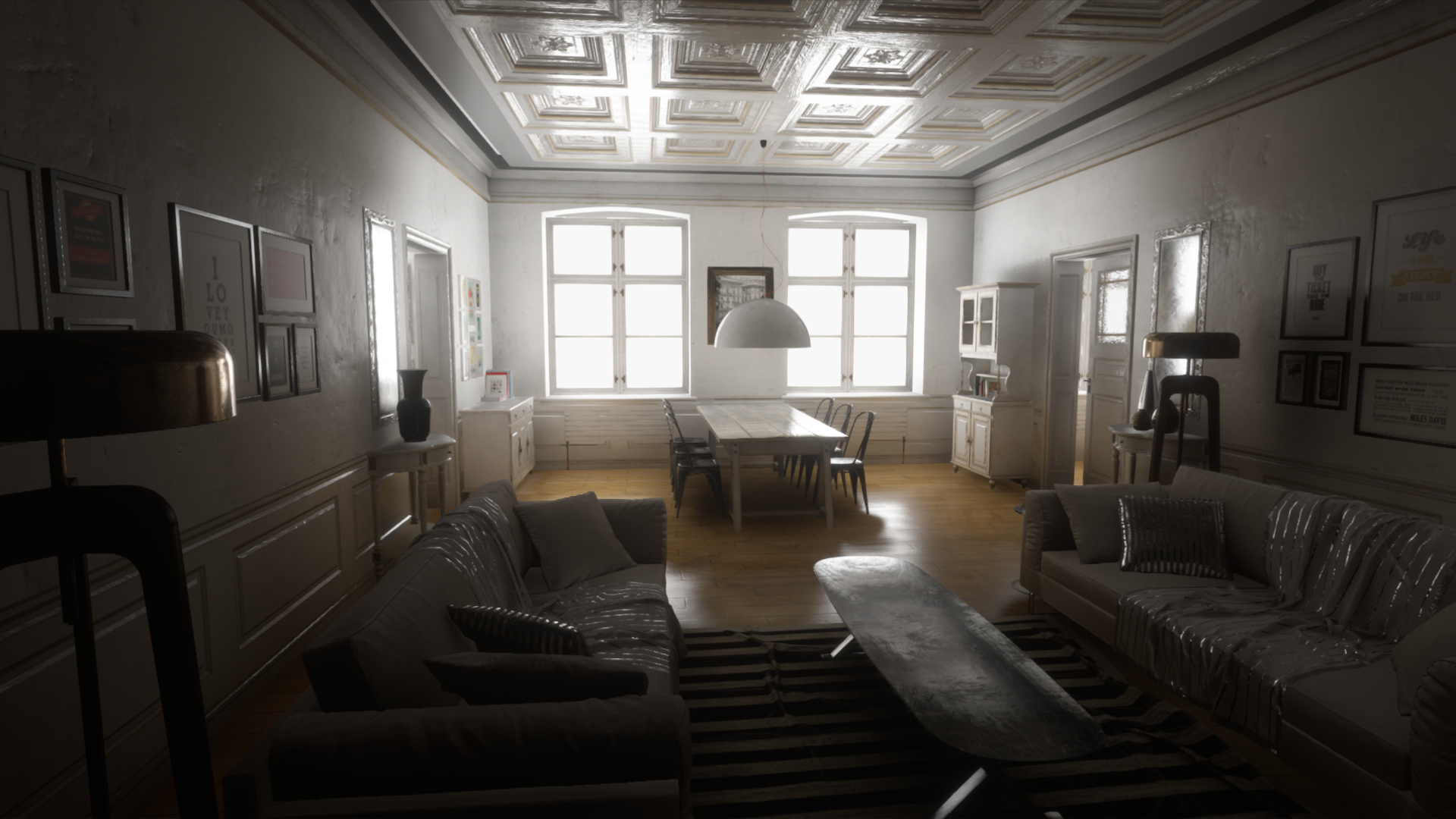


As long as the asset is embedded and integrated into your game (or other digital product) and you have obtained the appropriate number of licenses, commercial use and noncommercial use are both fine.

You are always free to reach out to the publisher directly to negotiate additional rights. If your organization is looking for this type of license from more than five publishers at a time, you may also reach out to Unity here for more information.Ī: Yes. Our publisher community requires the opportunity to negotiate separate, fair pricing and terms for this type of Licensed Product. Q: Can my Licensed Product be designed to enable its end users to make their own games or digital products, similar to Roblox?Ī: No, unless you have obtained separate permission from the asset’s publisher. You may use SDK assets to develop the Licensed Product, but your Licensed Product cannot include SDK assets at run-time without the publisher’s permission. A product is not “incorporated” into the Licensed Product if it is designed to allow your end users to extract or download assets separately from the Licensed Product.Has a purpose, features, and function beyond the distribution of assets.Contains a substantial amount of original creative work developed or licensed from outside the Asset Store.Q: Can I distribute assets from the Asset Store?Ī: Only to the extent that assets are embedded or incorporated into a game or digital product (“ Licensed Product ” for short):

Some assets are also marked as “Restricted Assets,” typically because they include open source components that restrict distribution. If the asset you are looking at does not say “Restricted Asset” or list a non-standard EULA, the standard EULA applies.įor questions about a custom EULA, please reach out to the publisher’s customer support team.Ī: If you license an SDK from the Asset Store under the standard EULa, you may not modify it without the publisher's consent. Q: How do I know whether the asset I’m looking at has a non-standard EULA?Ī: It will be labeled “Non-standard” on the Asset Store product page, like this: Q: Where can I find the license agreement for the asset I want to buy?Ī: Asset Store publishers must use the Asset Store’s standard End User License Agreement ( “EULA ”), except in special cases where the publisher has been carefully vetted and signed a partnership agreement with Unity allowing them to use a non-standard license. (Read more about our Verified Solutions Partner page here. However, the vast majority of assets and tools on the store are published by third parties. When you download those third-party assets, you are obtaining a license directly from the asset’s publisher. Unity owns assets that are published by Unity. Q: Does Unity own the assets on the Asset Store?Ī: No.


 0 kommentar(er)
0 kommentar(er)
